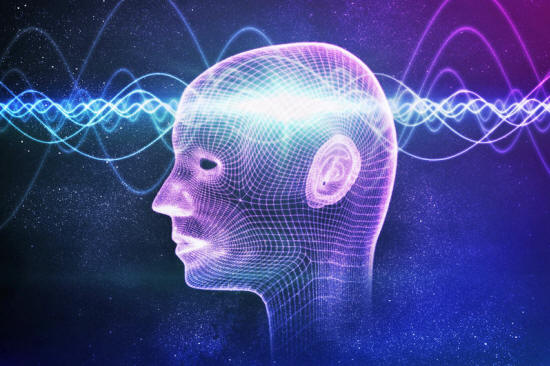|
from Collective-Evolution Website
So, is there really any difference between the two?
So, consciousness can be
said to have an added element of this within the scope of our
experiences.
He puts forth the idea that any state of our consciousness must have an element of analysis to it in order for it to be defined in those terms.
So, he believed that a conscious state was one that was a series of perceptions coupled with our thoughts and emotional responses to what we are experiencing and how we can control it and monitor it all at the same time.
So, as we monitor our surroundings, we are focusing our attention on specific things and using our critical thinking skills such as identifying a problem, assessing how to solve it, and then making a decision about how we will act on it.
This can only happen if it is coupled with an element of conscious control of our thoughts and ways in which we react to things around us.
This differs from just being awake, which is more of a scientific functioning of our brain.
Being awake can simply mean that you are taking in some form of stimulus from the environment that you find yourself in or even your own internal thoughts.
According to Medical Daily, this is why there is some question about whether individuals who are considered unconscious while they are in a coma state can still take in external stimuli and actually are in some form of wakefulness but cannot physically respond to it.
Experiment with Awake vs. the Conscious States
For many years, individuals have performed experiments on themselves to try to understand consciousness and wakefulness.
You can also try to do this on your own to give you a better understanding of the two concepts.
Pick an evening that you are able to go to bed fairly early but are also able to fall asleep quickly and wake up early enough in the morning that it will not be light out yet.
Make sure that before you go to bed, you close your blinds so that when you awaken the room will be completely dark.
Then, as you awaken in the morning, make sure to make a mental point of remembering the exact second that you felt conscious. Make up a trigger phrase like "up now" or even the word "conscious" and say it as you make this mental note.
Ask yourself in that moment:
If the answer is that you feel like you are completely awake, then the odds are, you awakened earlier but your brain was not conscious for a period of minutes until that moment you said the trigger word.
If your answer is that you still feel hazy, then you have probably experienced being awake and conscious all at the same time just as you said your trigger word.
If you experiment with this a half a dozen times, you will likely begin to feel that consciousness and wakefulness are happening simultaneously, and gradually your awake state will seem to occur before you actually became conscious.
This proves that, to be conscious, there must be an element of content (the trigger word in this case) added to the state of being awake.
Think of waking up to the alarm on your phone; you hear it, and simultaneously are forced to be conscious by the sheer act of reaching and shutting it off.
If you try this, report your findings. I will keep a log of everyone's results and report them in a blog in the near future.
You can also consider a brain supplement, which is not necessarily a bad thing to try, especially if you are tired constantly and don't seem to be able to find the time to practice some physical and mental exercises that will help you fully engage instead of just being awake.
Maybe you find that your job is so boring that by the middle of the day you can't help but begin to disengage in the activities you are performing and you are starting to feel like your co-workers are noticing.
Are there things you can do to combat restless nights that put you in a state of wakefulness in the middle of the night and conscious of every sound and every minute ticking away on the clock, only to go through a day of torturing yourself with trying to stay awake? Yes.
This is no way to function on a daily basis. There are a few things you can do to try and alleviate the problem.
We've previously written on how to stay completely conscious and engaged at work.
Try any of those tips, or consider an over-the-counter supplement that will help you to not only stay awake and focused but remain conscious of your surroundings and effective in your activity.
Either way, you are taking the necessary steps toward achieving a way of life that allows you to be consciously involved in your most important moments.
|


